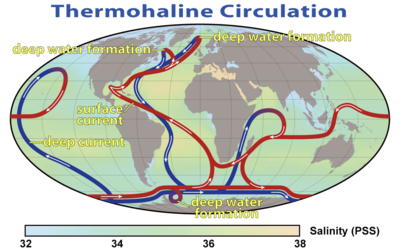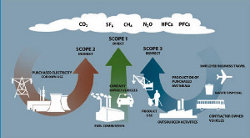 I’m going to kick-off Intelligence Week with a look at the most common type of standardized test, the Intelligent Quotient Test, used in determining intelligence.
I’m going to kick-off Intelligence Week with a look at the most common type of standardized test, the Intelligent Quotient Test, used in determining intelligence.
One of the most misunderstand issues is the rating of 100 as average. This average is determined from all the people of an age category that take the test and not an actual score. The average person does not get 100 points on the exam. All the exams taken are averaged and this average is assigned the value of 100. The actual score of the exams has been going up by about three IQ points per decade. This is was first noticed in an important and controversial book called The Bell Curve. I’m going to be talking much more about that book later in the week.
Age is an important factor in the IQ test and peak performance occurs at 26 after which it’s all down hill. Don’t I know it. From my point of view, this in itself indicates a problem with the testing. I’ll get to that later in the week.
The next factor is something called the Standard Deviation which is set at 15 points. The math is interesting and worth a perusal but the main issue is that 95% percent of people who take the test fall within two SDs or 70 to 130 on the test. Hence, people who score better than 146 – 149 are in the top .1% and considered genius although the test itself does not use such terminology.
What is indisputable is that IQ tests, as given, are excellent predictors of accomplishment in life. People with higher IQ rankings go further in school, get better jobs, make more money, and general succeed more than people with lower IQ scores.
All IQ tests, and there are many, use something called a g-factor. It gets fairly complicated here but the base idea is that there are some general ways in which smart people excel over less smart ones and by testing these g-factors we can establish a baseline of intelligence. For example, smart people generally do better in all subjects than those less smart. If intelligence was subject based then we would expect to see people smart in one subject and dumb in others. While it is true that people excel in one area more than others it is normal for the smart person to get better grades in all subjects than the less smart person.
Another extraordinarily interesting factor is that people who do well on IQ tests tend to be the parents of people who do well on IQ tests and the same correlation, in reverse, occurs for people who do poorly on tests. This is one of the main points of The Bell Curve. We want smarter people because they will succeed more and the world will be better.
The issue is largely a question of whether or not the test is accurate. I think we can all agree that someone my size, 5′ 7″ 160 lbs of twisted steel, is not going to be playing offensive tackle for the St. Louis Rams. So, physical differences in people is an accepted fact. Mental differences, not so much. We imagine that all people have an equal ability to think but if this is wrong, if there are inherent, genetic inequalities in intelligence should we not try to take advantage of them? And, if these factors are inheritable from generation to generation can we as a society forge better people? Frightened yet?
And you thought this was going to be boring, didn’t you?
Until tomorrow,
Tom Liberman
Sword and Sorcery fantasy with a Libertarian Twist









